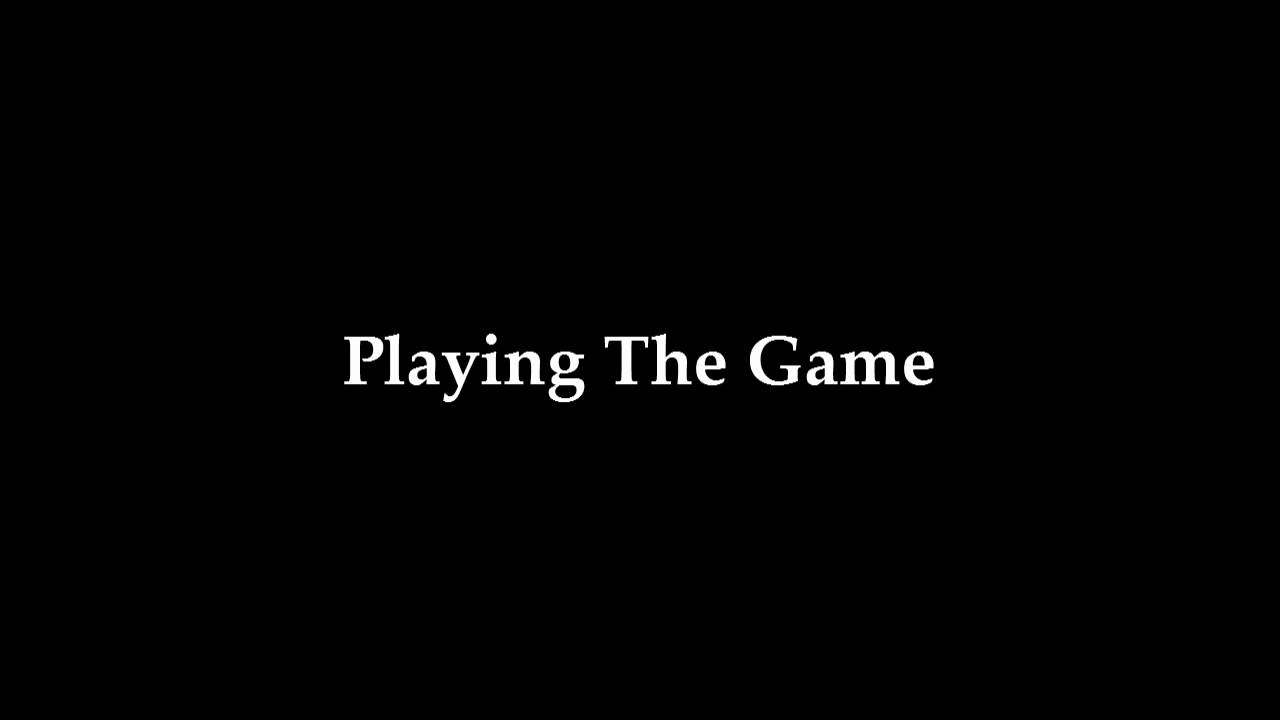One of my brothers called me one day. I could tell from his voice that he seemed stressed a bit. “You doing anything?” he asked. “Nope,” I answered, “just watching TV.” “Oh, he said, “I heading for a doctor’s appointment.” “Oh, yeah?” I responded, and added, “I hate doctor’s appointments.” He was quiet for a moment and said, “Yeah … I have to be there in an hour.” “Oh,” I said, “I guess you’d better hurry.” He was quiet again for a moment and then said, “Well, I guess I’d better let you get back to your TV, you wouldn’t want to miss anything important.” “Okay,” I answered, and we hung up.
Now, I hope you caught on that he was trying to get me to volunteer to take him to his doctor’s appointment. I caught on instantly at the time. Why? Because he is my brother. We come from the same mother, and, consequently, we learned many of the same bad habits and behaviors of hers. Worse than that, we all practiced these for most of our lives. The sad thing is that none of us, for so many years, even knew we were doing the same as her. All of us siblings grew to dislike, lose respect for, and/or in a couple of cases (me included), we learned to hate her. From my personal point of view, it seemed her whole mission in life was to make her children miserable. And, in my case, she succeeded. Unfortunately, I still developed many of her manipulative idiosyncrasies, as did my brothers and sisters.
When my brother (the one I mentioned above) asked if I was “doing anything.” He really meant, “I want to know if you are available to do something for me?” It doesn’t even sound close to that, does it? But, that is the way people who “play the game” speak. Instead of just directly asking you to do something for them, they will go around in circles with their language games trying to get you to say what they are trying to get across. In a weird sense, it gives them feelings of power. Yes, “power.” The “power,” or rather the ability to manipulate someone into doing something that you want without setting yourself up for rejection. In their minds, they do not notice that they are doing this. To them, it is just the normal way to approach someone from whom you want something, and then how to get them to volunteer on their own.
Why the need to get people to volunteer? Because they don’t want to feel like they owe anything. If they ask you to do something for them, in their minds, they now owe you a debt for what you did, even if it is just to say thank you. Even gratitude can be seen as a tool of manipulation from their perspective. If the “game” player can get you to volunteer then you will not have any means of controlling them, even if that is not your intention. From their perspective, you volunteered so they do not owe you anything. Their need of being in control will supersede their desire to obtain or gain what they need. Often, if they are unable to manipulate you into volunteering, they would rather lose out that to become indebted to you.
Along with this, even if you are unaware of what is happening, each time they manipulate you into volunteering, they take that as your conscious agreement for them to continue this unhealthy behavior. Where there are no consequences there is permission. Then, when you finally get around to saying no, they will become angry with you and take your right to decline to do what they want as an attack on them. They will interpret your refusal as a personal rejection, and, in turn, also take it as your conscious attempt to deprive them of something, or at the very least, to purposely make them unhappy. Your real motive for refusing, such as an emergency, illness, work, just not feeling like you want, and so forth, will be viewed as a thinly disguised excuse and therefore prove you are just being selfish and mean.
Once they walk away, whether or not they showed they were upset at your refusal, they will allow their anger smolder for a long time and build up bitterness toward you. You may encounter them at times and they may behave, at that moment at least, as though everything is all right, but inside they will be festering with their displeasure of your choice to refuse them something. Then on some unexpected day, you might call on them to help you (you know because you helped them before right?) or to do something for you, and they will take this as an opportunity to punish you for what they believe you intentionally did against them. They will either agree to what you are requesting with the intention of not doing it, or they will make up some lame excuse that is clearly intended that you see it as a fake thing, or they simply say no to you. This will give them personal pleasure and a sense of having retaliated against you for your meanness. Of the three responses I mentioned above, the second two are intended as proof to you that they are in control of the situation, and to show you the consequences of refusing them their mostly unstated requests or demands. In the case of the first response (They will either agree to what you are requesting with no real intention of doing it), this one is the sneakiest. It is the most obvious of their punishments while still being subtle enough to be defended as nothing nefarious. They will agree to do something you request or demand, but they do it in ways you did not want. For example:
They will start doing what you requested, and then some “emergency” or other circumstance will come up which will cause them to have to stop or leave, and they will never return to the task.
They will start doing what you requested, but they will begin having trouble doing the task. They may forget your instructions, get them wrong, or, in other cases, purposely change them so that your task either fails or is not completed with their help.
They will start doing what you requested, but their work or efforts will be limited or slow in coming. This means they might choose to take all day on a task which may be done in a few minutes, or they will do only what you tell them to do, and not notice the obvious steps of the task, which will force you to have to be there with them while they do the task (two people to do the job of one), giving them instructions step by step. The goal with this response is to get you to understand that you should never call on them for help (because you were mean to them when you refused their request – a punishment of sorts).
They will “forget” that they promised to do something you requested or demanded of them. On the day, or at the time, of the expected task or favor for which you asked their help, they will be absent. After you contact them (they will probably never call you first) they will be surprised at your call or anger and tell you they simply forgot. They will seem profusely sincere in their voluminous apologies for not remembering, while the whole time loving that they punished you for your meanness and rejection of them.
They will have an “emergency.” This is not to be confused with a real emergency. Any “emergency” at this point will be contrived. For example, your “friend” or relative will realize that the time or date of your expected help from them has arrived. They might start an argument with their wife or husband. They will “forget” to put gasoline in the car.
As I hope you can see, this game requires the participation of both parts; the “gamer” and the “victim.” The gamer is conscious of the game while the “victim,” may initially by clueless. But, with time (and that time does not need to be a long one), the “victim” is no longer a victim, they are active players in the game. What makes the game effective for the gamer is that the “victim” will continue to deny that they are active players, giving the gamer even more “power” over the “victim.” It takes two to keep a “game” going. The gamer can initiate, and attempt to keep the game going, but if the “victim” does not play the game will end.
What steps can you take with a “gamer” to stop the “games” altogether? I am glad you asked. Establish healthy boundaries and do not break them for the gamer regardless of who he or she is, how much they complain or get angry, or whether you like them or not. Buy yourself a copy of the book, “Boundaries,” by doctors Cloud and Thompson, read it, and start applying healthy boundaries in your life. Choose to be happy.







